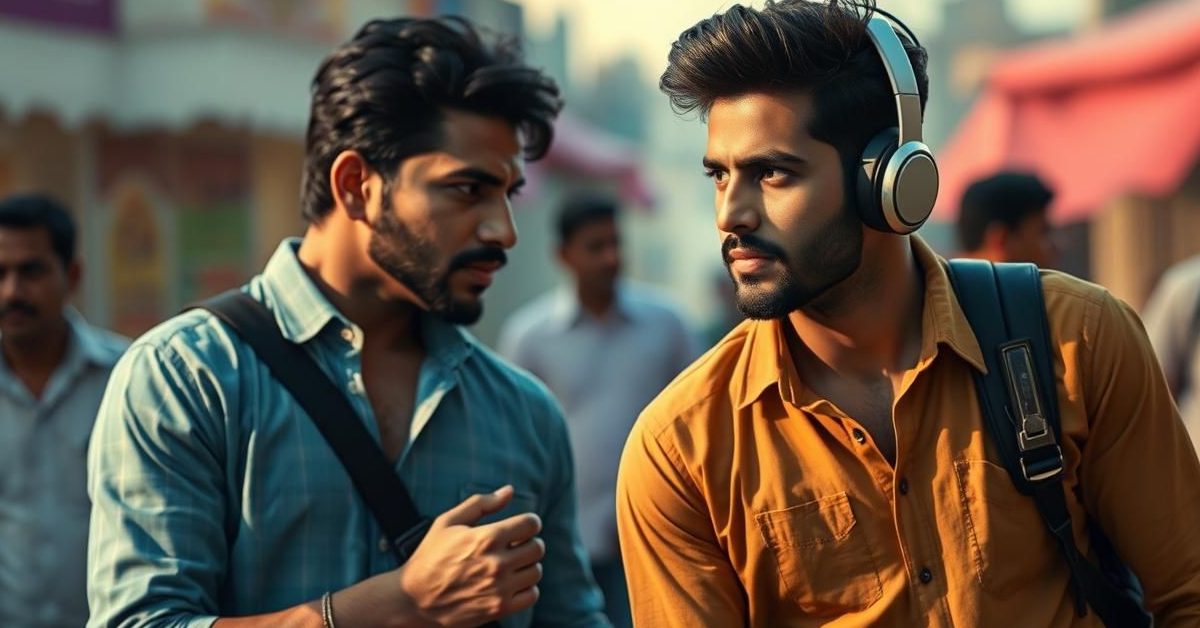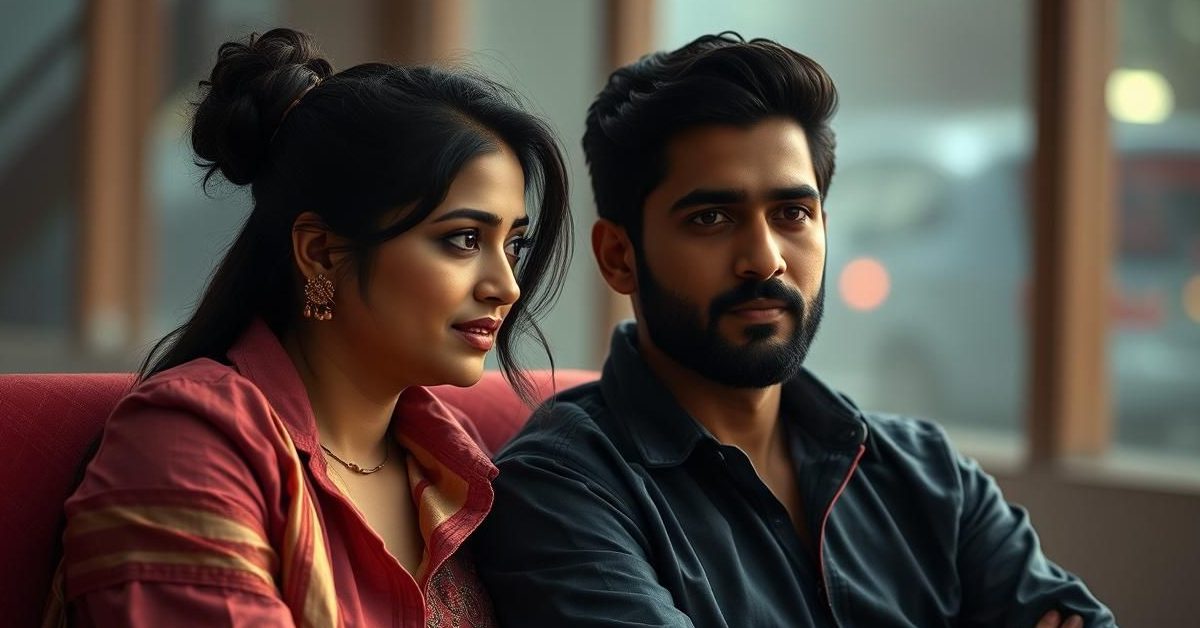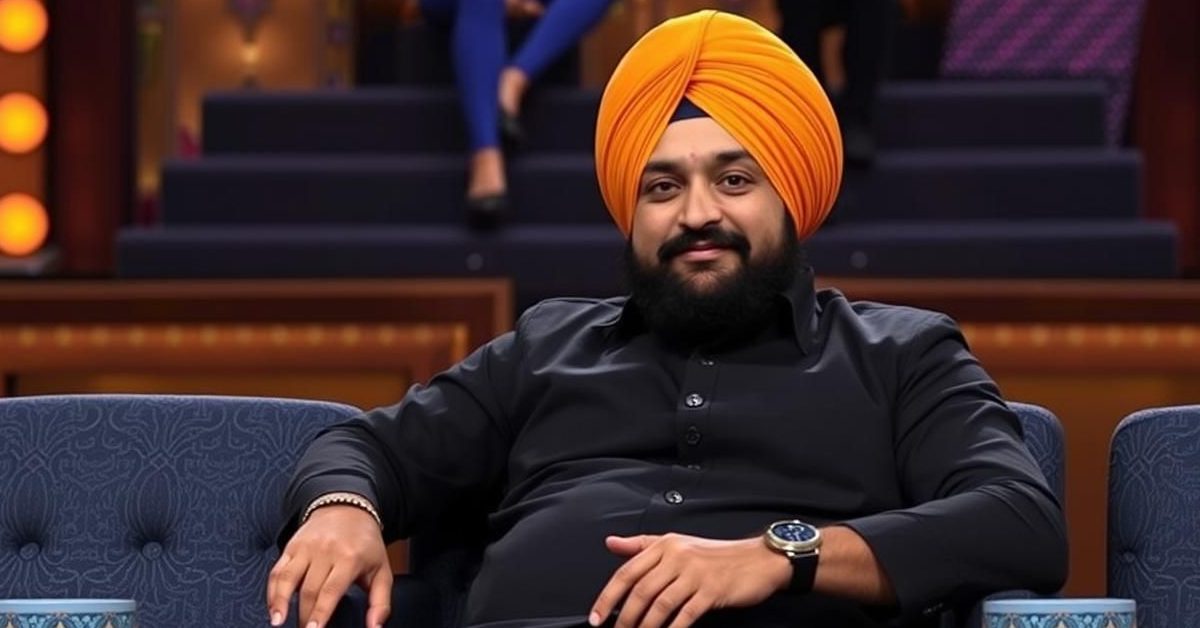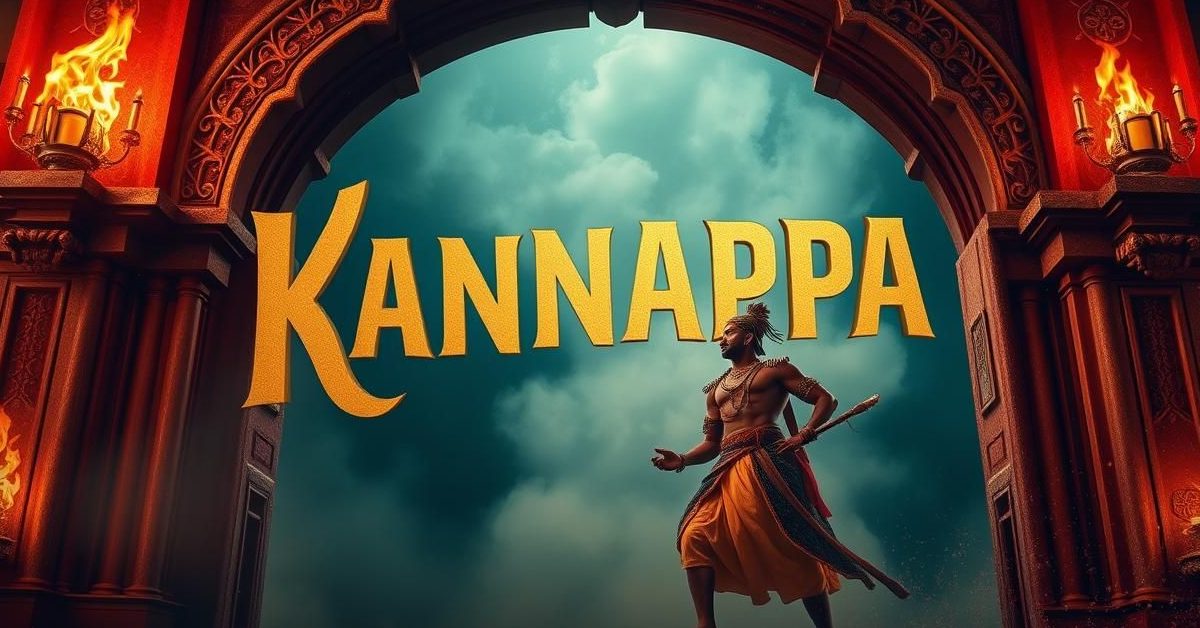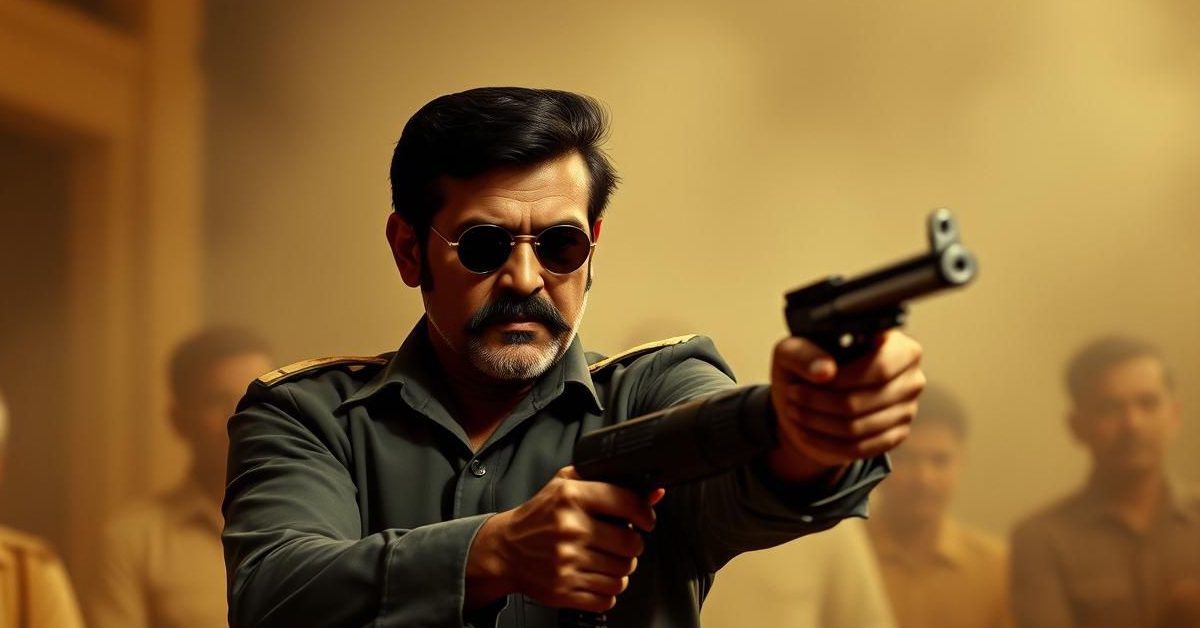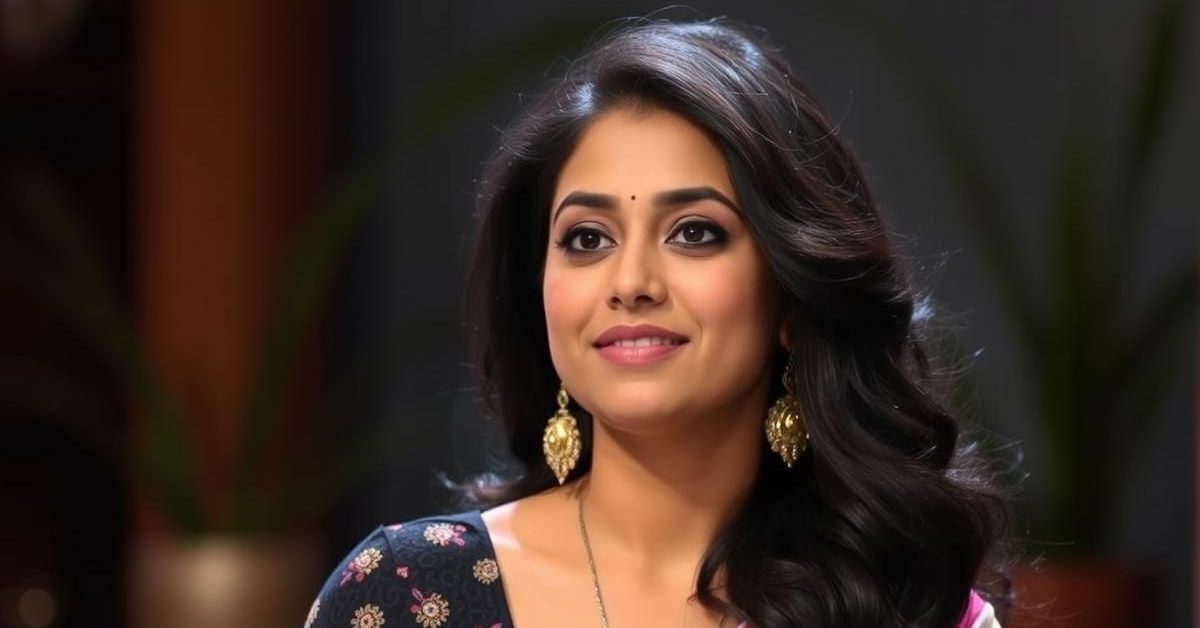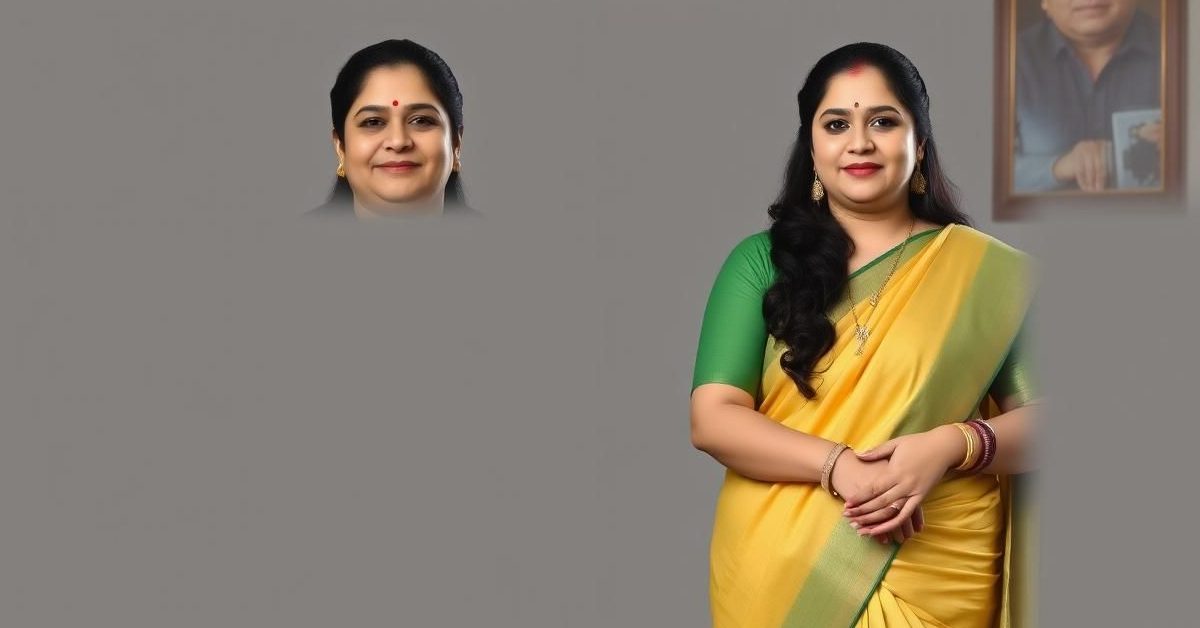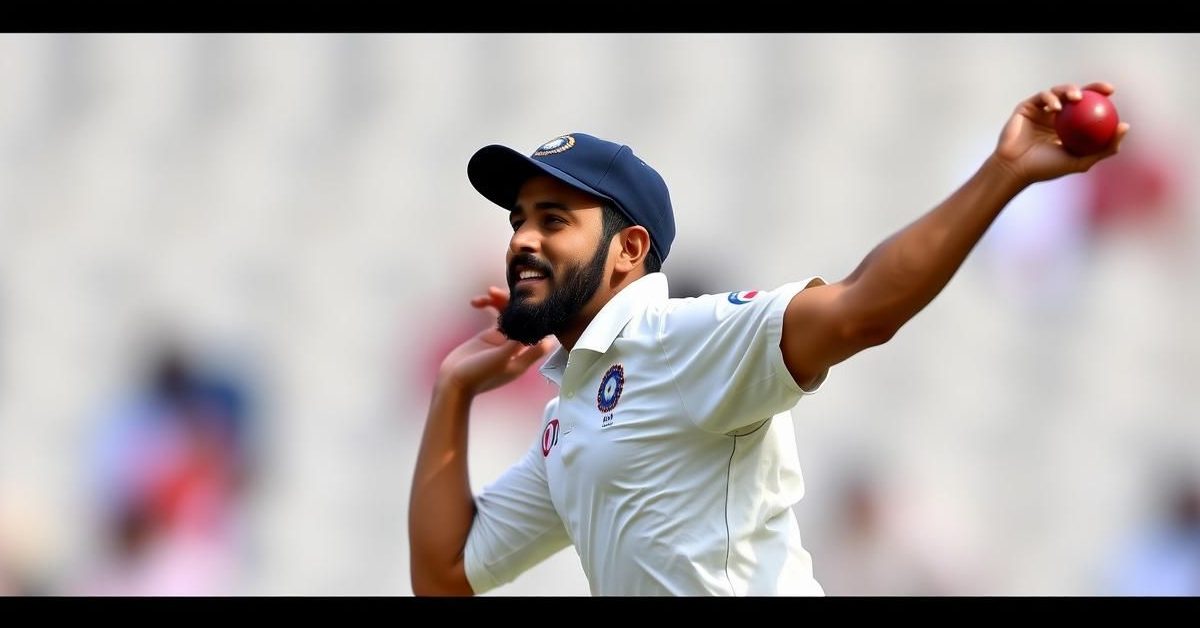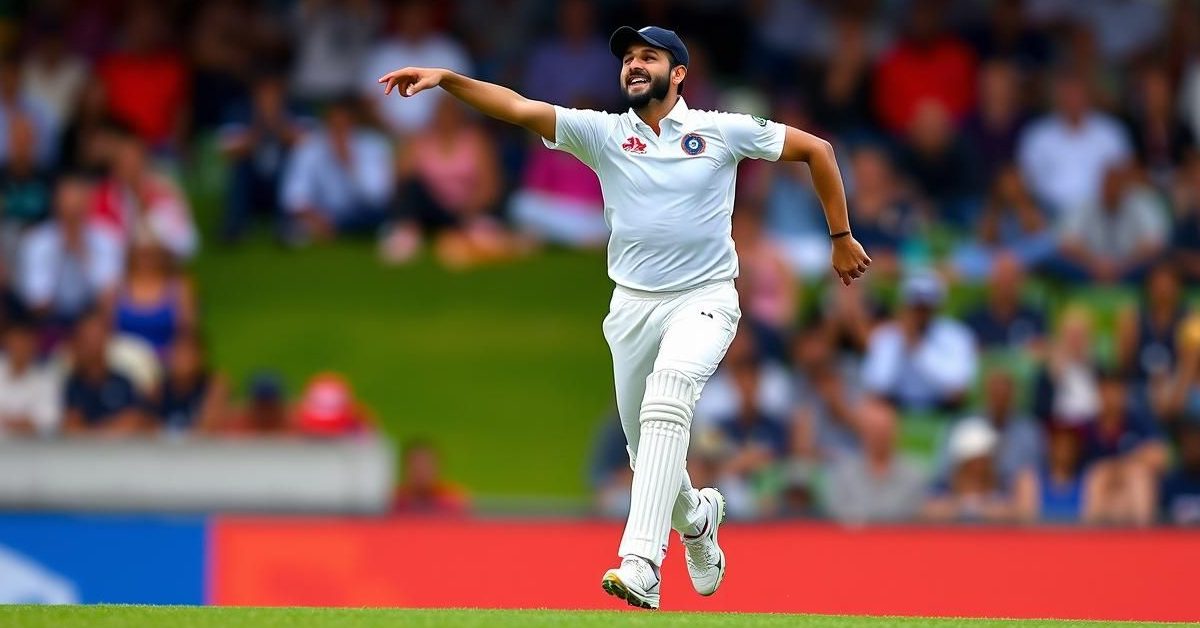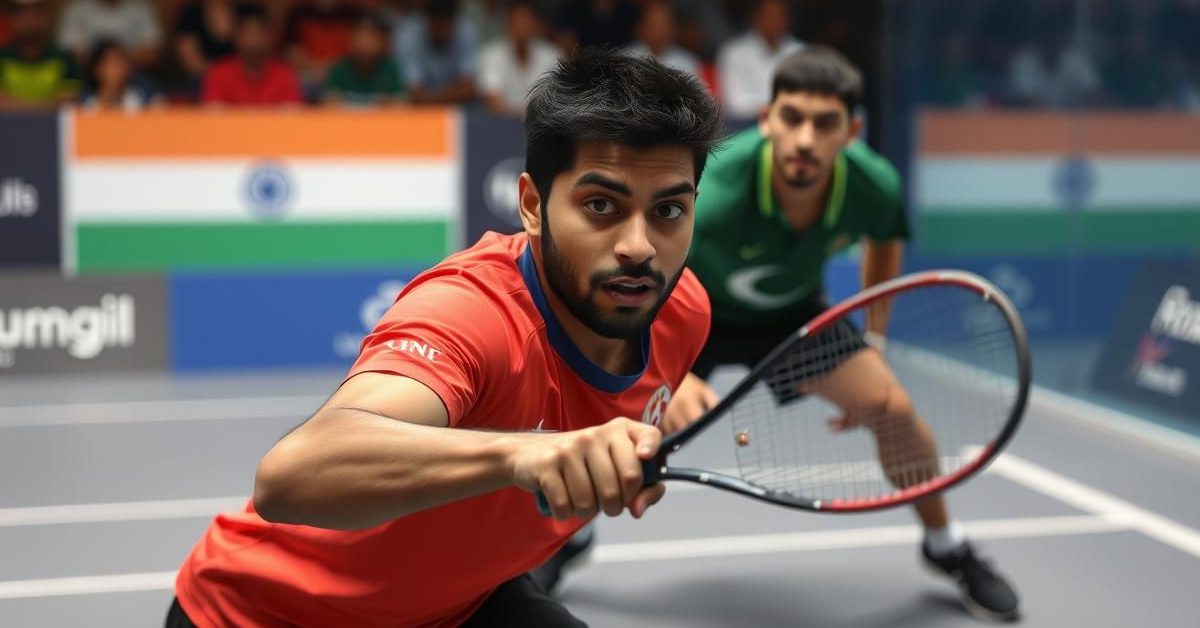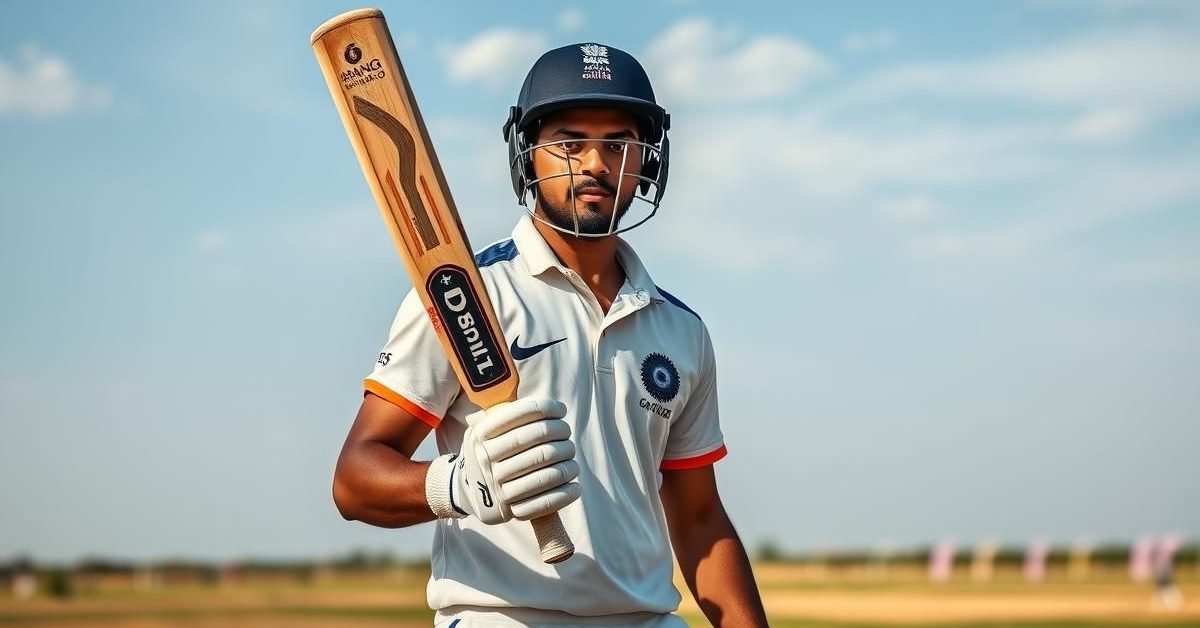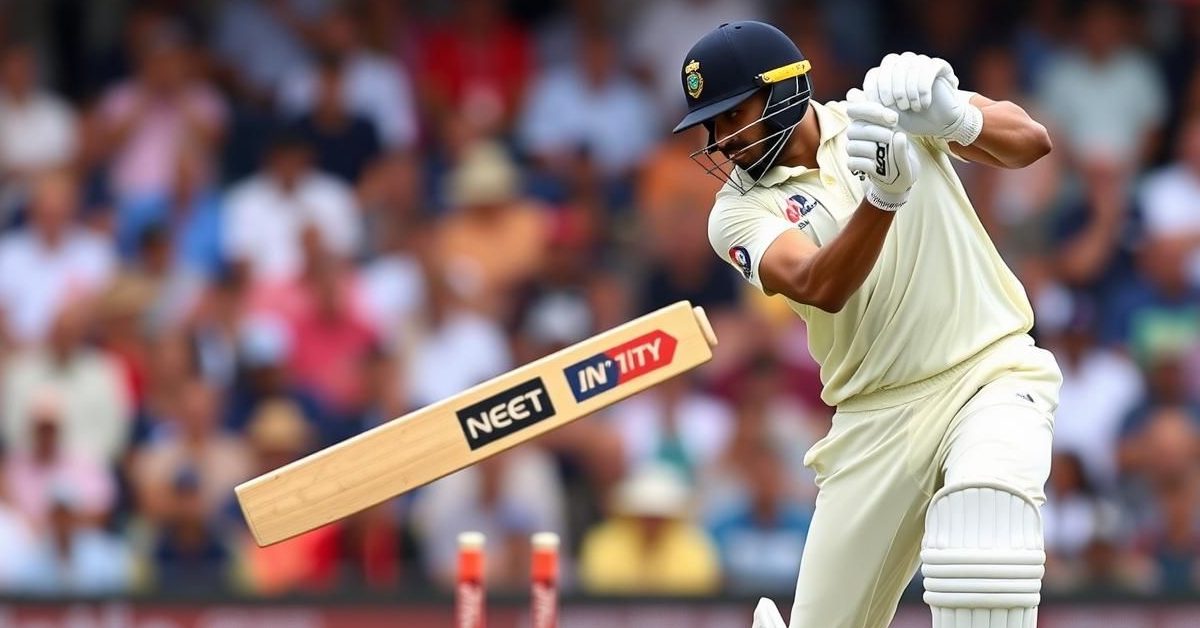The Unseen Paradox of Bollywood Stardom
In the dynamic, often unforgiving landscape of Indian cinema, a curious and frequently disheartening paradox takes root: a merely adequate performance in a commercial juggernaut can earn enduring recognition, while a truly transformative one in a film that struggles to find its audience often fades into obscurity. This isn’t just an anecdotal observation; it’s a stark, undeniable truth shaping careers and legacies within the vibrant, yet fiercely competitive, world of Bollywood.
Arjun Kapoor’s Quiet Triumph in Sandeep Aur Pinky Faraar
Few figures in the industry embody this precise dilemma more acutely than actor Arjun Kapoor. Throughout his career, Kapoor has navigated a challenging path, facing intense public scrutiny and a relentless pressure for box office success. Yet, amidst the fluctuating fortunes of his filmography, there stands a performance that critics and discerning cinephiles widely regard as his most nuanced and impactful: his portrayal in Dibakar Banerjee’s gritty, unconventional thriller, *Sandeep Aur Pinky Faraar*. This film, unfortunately, became a stark illustration of the aforementioned paradox.
Unpacking Pinky Dahiya: A Performance Reimagined
In *Sandeep Aur Pinky Faraar*, Kapoor steps into the shoes of Pinky Dahiya, a jaded Haryanvi police officer thrust into a desperate flight with a corporate executive, Sandeep Walia (played by Parineeti Chopra). Far removed from the charming, often comedic roles he was known for, Kapoor’s Pinky was a revelation. He delivered a performance steeped in a raw, almost palpable weariness, a sense of moral ambiguity, and an underlying vulnerability that few had witnessed from him before. This wasn’t merely acting; it was an embodiment of a man stripped bare, grappling with survival and his own fractured identity. It showcased a depth and authenticity that elevated his craft significantly.
The Director’s Touch: Dibakar Banerjee’s Vision
The profound impact of this particular role on Kapoor’s filmography cannot be overstated, and much of its success must be attributed to the singular vision of its director, Dibakar Banerjee. Known for his distinctive, often dark and complex narratives, Banerjee provided Kapoor with a canvas unlike any he’d previously encountered. He didn’t just instruct; he challenged. He created an environment where Kapoor could shed the trappings of his established star persona, delving deep into the psyche of a character who was flawed, relatable, and deeply human.
The Alchemy of Actor and Auteur
This underscores a vital truth about cinematic artistry: the unparalleled alchemy between an actor’s inherent talent and a director’s guiding hand. A truly exceptional director doesn’t just dictate scenes; they illuminate an actor’s dormant capabilities, pushing them beyond their comfort zones and encouraging them to explore uncharted emotional territories. Banerjee’s keen eye and unique storytelling approach acted as a catalyst, allowing Arjun Kapoor to access and display an intensity and subtlety that had perhaps been waiting for precisely the right creative collaborator.
Beyond the Box Office: True Artistic Resonance
While *Sandeep Aur Pinky Faraar* may not have dominated the box office charts, its existence serves as a powerful reminder of what Arjun Kapoor is truly capable of when entrusted with a challenging, well-written role under the discerning direction of a filmmaker like Dibakar Banerjee. It highlights that an actor’s most memorable and artistically significant work often emerges not from the glare of commercial success, but from the quiet, collaborative space where genuine talent is nurtured and allowed to flourish. It’s a testament that sometimes, the true measure of a performance lies not in its widespread visibility, but in its profound resonance with those who were fortunate enough to experience it.
